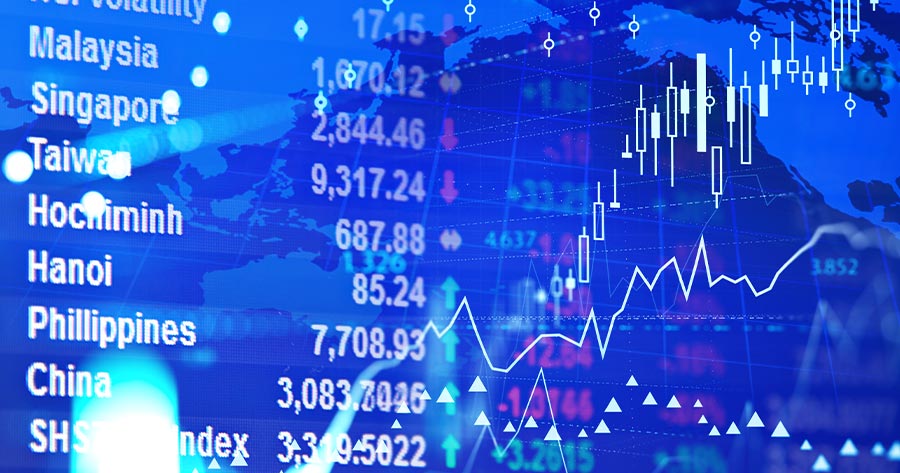On Thursday morning (15 May, 9:46 AM, GMT+7, Bangkok time), indices in Asia Pacific declined following a varied session on Wednesday after reduced tensions in the U.S.-China trade relations.
Citi analysts expressed caution about the potential for a second wave of volatility linked to uncertain fiscal policies and a decline in U.S. economic indicators.
Japan’s NIKKEI fell by 1.11% to 37,705.74. South Korea’s KOSPI decreased by 0.16% to 2,636.33, while Australia’s ASX 200 remained unchanged at 8,279.3.
As for stocks in China, Shanghai’s SSEC contracted by 0.39% to 3,390.83. Hong Kong’s HSI slid by 0.03% to 23,634.22, and Shenzhen’s SZI slumped by 0.92% to 10,259.25.
Meanwhile, the US stock markets edged up on Wednesday as NASDAQ surged by 0.72% to 19,146.81. S&P 500 rose by 0.1% to 5,892.58, while the Dow Jones Industrial Average (DJIA) lost 0.21% to 42,051.06. VIX increased by 2.2% to 18.62.
As for commodities, oil prices settled lower on Wednesday as government data revealed an unexpected increase in U.S. crude oil inventories last week, raising worries among investors about surplus supplies. Brent futures dropped 54 cents or 0.81% to $66.09 a barrel, and the West Texas Intermediate (WTI) shrank 52 cents or 0.82% to $63.15 per barrel.
This morning, Brent futures plummeted $1.37 or 2.07% to $64.72 a barrel, and the WTI diminished $1.37 or 2.17% to $61.78 per barrel.
Meanwhile, gold futures declined 0.76% to $3,164.1 per Troy ounce.



